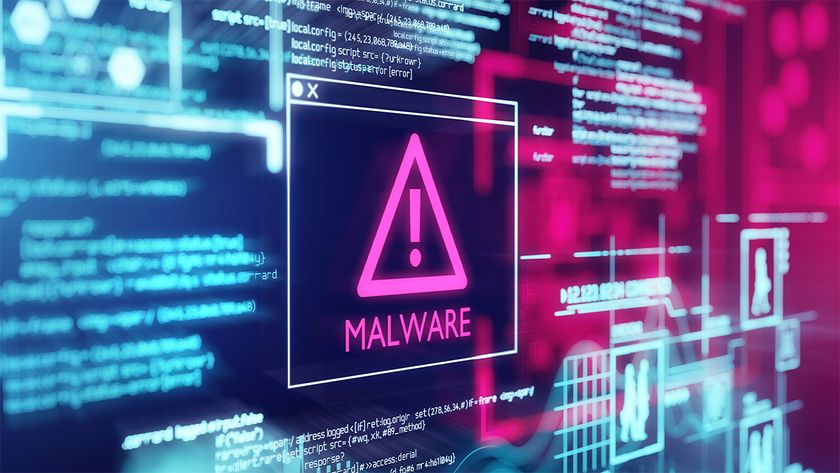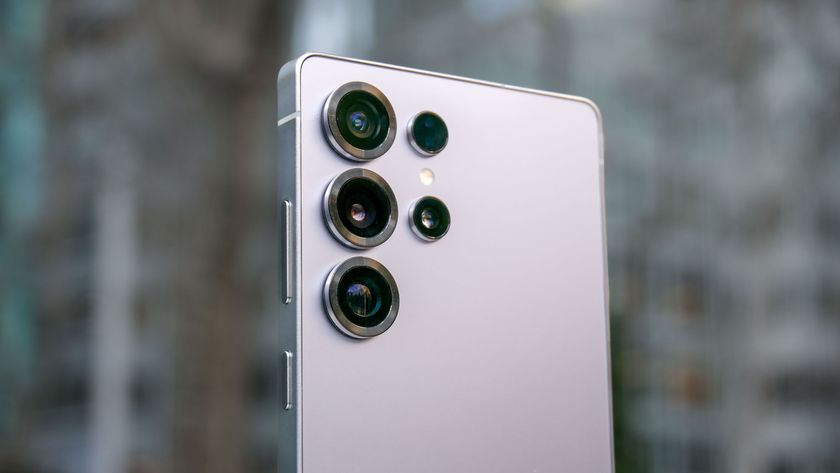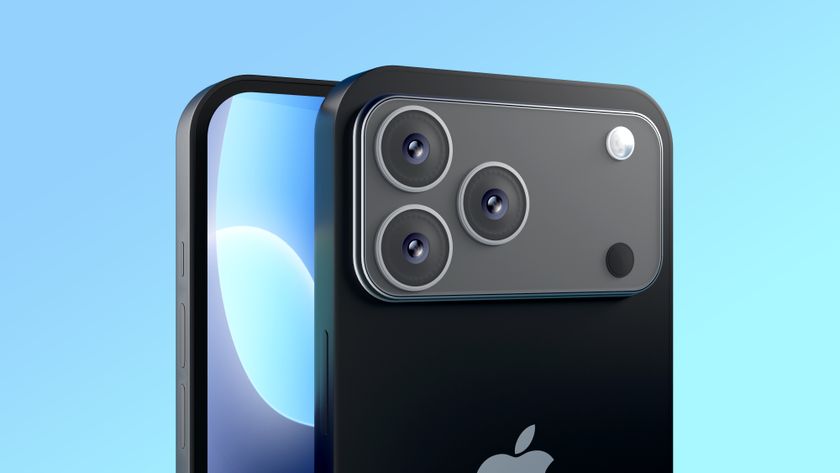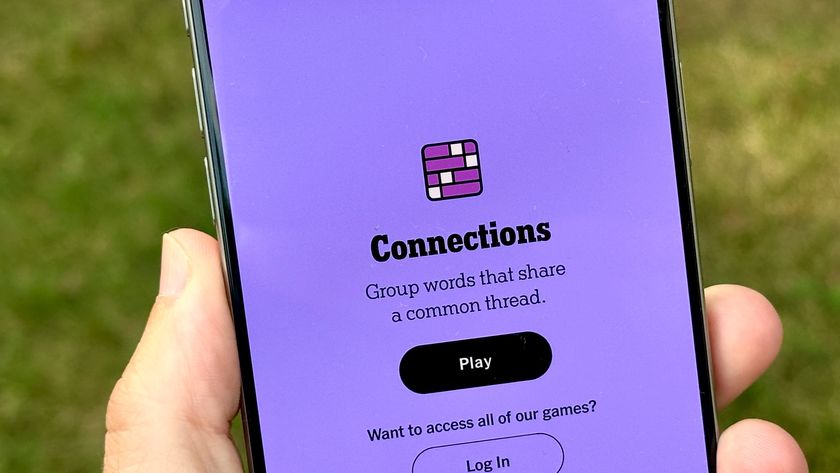Internet access returns to Mozambique – but social media remains blocked
The country has experienced three days of internet blackouts, with VPN usage soaring
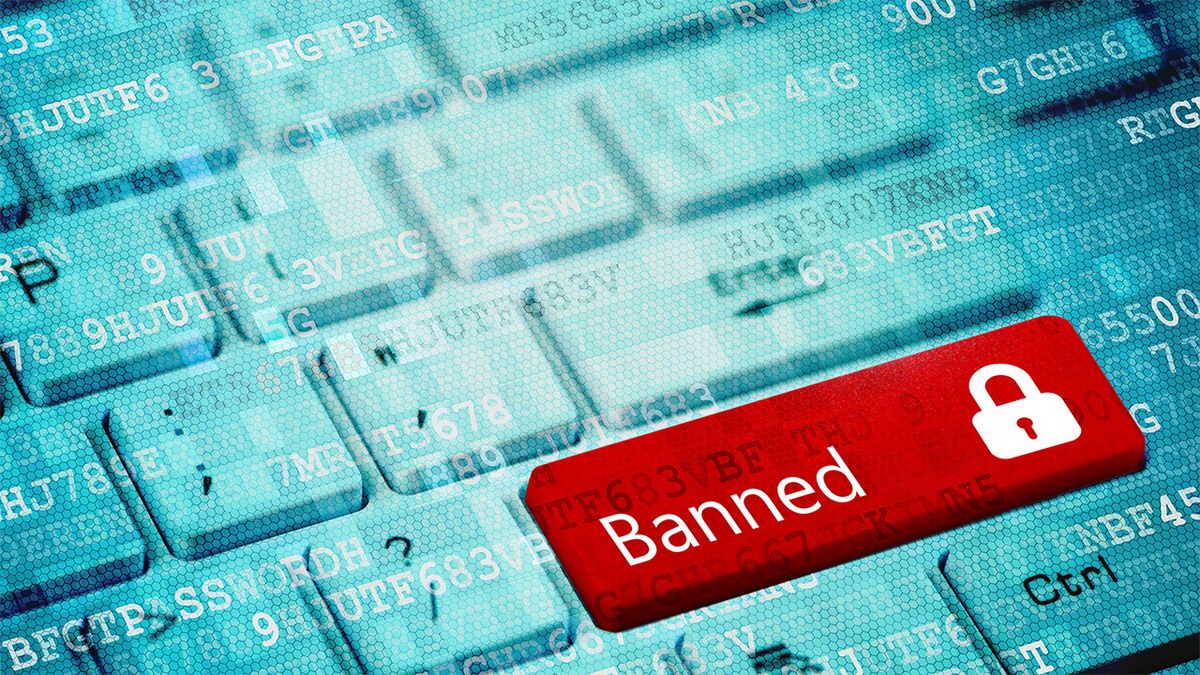
Mobile connections in Mozambique appear to be returning following three days of curfew-style internet blackouts, but social media platforms remain restricted, and usage of the best VPNs has soared over the last week.
Data from VPN provider Surfshark's Internet Shutdown Tracker showed the first restrictions occurred on October 25. Mobile internet traffic was disrupted as protests erupted following the announcement of presidential election results. The second wave of restriction took place on October 31, affecting access to Facebook, Instagram, and WhatsApp. Additional mobile internet shutdowns were added, impacting TikTok, Telegram, and YouTube. November 3 saw the start of three days of mobile internet curfew blackouts.
VPN usage in Mozambique has soared, with Proton VPN, reporting an increase of 127,830% over the baseline. Google search terms for "VPN" in Mozambique have also spiked significantly over the past weeks.
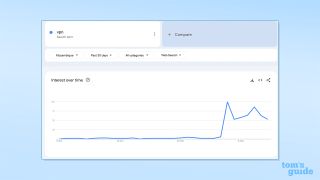
This blackout was in response to ongoing deadly protests disputing the results of the recent government elections. Mozambique's electoral commission announced the ruling Frelimo party had won, extending its 49 years in power. Opposition candidates, civil society groups, and observers have stated the election was rigged.
⚠️ Update: Traffic data show #Mozambique has emerged from a third day of curfew-style mobile internet blackouts. However, social media platforms remain restricted as authorities continue to impose measures to curtail protests over disputed election results pic.twitter.com/PoEM1slgwPNovember 6, 2024
Whilst mobile connections appear to be returning, social media platforms remain restricted, as authorities continue to impose measures to curtail protests. Social media is a common target of government restrictions. Surfshark data shows Facebook is the most common platform to be restricted by governments, with 46% of the global population has been affected by government-imposed Facebook disruptions. WhatsApp is the most common messaging app to be restricted by governments, with disruptions affecting 45% of the global population. Protests are the leading cause of social media disruptions. Facebook alone has been disrupted 40 times since 2015 amid protests.
What impact can VPNs have?
Mozambique is not the only country to experience a spike in VPN usage over the last year. Data from Proton VPN shows Pakistan, Senegal, Kyrgyzstan, Kenya, Bangladesh are just some of the countries where VPN usage has risen following unrest, protests, and blackouts.
VPNs encrypt and protect your data online but they also allow you to get around location restrictions. VPNs spoof your IP address, making it appear as though you are accessing the internet from a different country to the one you're actually based in.
From the data we are seeing, people in Mozambique are already turning to VPNs to bypass the blackout and access blocked social media sites – but this shouldn't become the norm. People have the right to access the internet freely and without censorship or restriction, and recent years have seen a rise in restrictive government actions and a crackdown on tools, such as VPNs, used to bypass restrictions. Countries such as North Korea, Turkey, and Egypt have some of the strictest VPN laws. Russia and China are also cracking down on VPN usage amid increased censorship and surveillance, with Russia banning 60 VPNs since July. Whilst VPNs can still be used in these countries, it is becoming increasingly difficult.
Proton VPN has been active in this circle, recently announcing a wave of anti-censorship features. These included a discreet icon, launching virtual servers, and introducing stealth encryption. Proton, and many other VPN services, continue to fight back against government restrictions, giving people the freedom and ability to access the internet unrestricted and protect their privacy.

George is a Staff Writer at Tom's Guide, covering VPN, privacy, and cybersecurity news. He is especially interested in digital rights and censorship, and its interplay with politics. Outside of work, George is passionate about music, Star Wars, and Karate.
